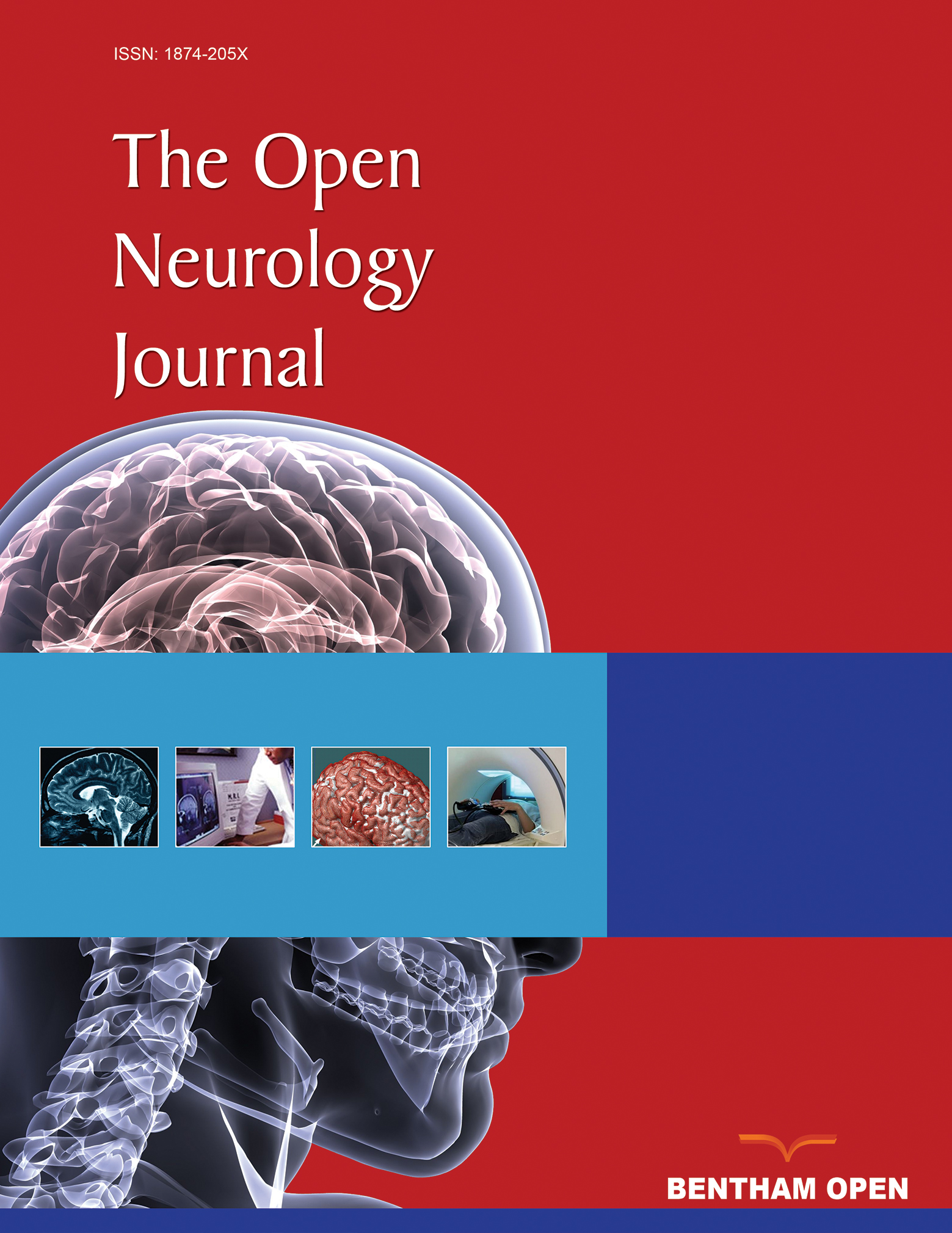All published articles of this journal are available on ScienceDirect.
Randomized Clinical Stroke Trials in 2007
Abstract
This article reviews the randomized control trials (RCT’s) that were published in 2007 of emerging pharmacotherapies in patients with acute (≤ 2 weeks), sub-acute (2 to 12 weeks) and chronic (≥ 12 weeks) stroke. A Medline search generated 22 RCT’s in stroke in the year 2007 in the English language. These trials were primarily efficacy studies. These included the role of statins (an anti-lipid agent) in reducing post-stroke morbidity and mortality, and decreasing the carotid atherosclerotic plaque in middle aged patients at increased risk of cardiovascular disease; glucose-potassium-insulin infusion in hyperglyceamic acute stroke patients; pioglitazone (an anti-diabetic medication) to reduce recurrence of stroke in Type 2 diabetic patients; administration of intra-arterial urokinase (a thrombolytic agent) and the role of laser therapy in clot dissolution given that at present there is only one FDA approved thrombolytic agent (r TPA); benefit of warfarin (an anticoagulant) in elderly patients with atrial fibrillation in the community; NXY (a free radical trapping agent) and minocycline both tested as neuroprotectants; and zoledronate (an intravenous bisphosphonate) to prevent loss of bone mineral density of the affected extremity, and finally the role of nicardipine (a Calcium channel blocker) in the prevention of vasospasm, and hydrocortisone to prevent hyponatraemia after sub-arachnoid hemorrhage. Finally the role of non-pharmacotherapy like stents for patient’s with internal carotid artery dissection with tandem internal carotid and middle cerebral artery occlusion and in vertebral artery stenosis.


